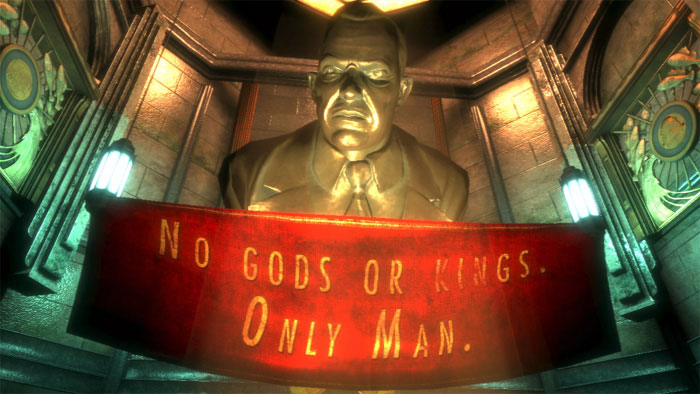There is a quote by Fred Astaire that has to do with parenting and that also ties into the Emile readings that we’ve had. He said, “The hardest jobs kids face today is learning good manners without seeing any.” Now, I personally agree with this statement. Having good manners means that you treat others as well as yourself with respect. There are many things in the world today that are constantly in childrens’ lives that affect their manners. It could be a television show that they saw their parents watching, or it could be one of their friends that always gets their way, or it could be a video game that has disrespectful characters. Children learn from these things/people that are constantly in their life.
In Emile, Rousseau distinguishes the rich from the poor, saying that, “The artificial education of the rich never fails to make them politely imperious, by teaching them the words to use so that no one will dare to resist them.” (Pg. 68) Rousseau is rejecting politeness, which is a central part of having manners. He believes that havng a different social status from one person can make you polite but also “fake”, so it is not something that people should teach their children about. He believes that children should be taught on how to “preserve” their life, and that adults should not try to keep preserving them. (pg. 42). Basically, what he believes is that children should be taught how to do things for themselves, and that adults should have a hands-off method in teaching them, letting them explore and do what they want until they reach a consequence.
Now, I don’t agree with Rousseau and his rejection of teaching politeness because I personally think that learning how to be polite, or to be respectful, especially in certain situations, can help people a lot in life. However, he is correct to an extent. Teaching your children how to be polite is not always the most important thing, because politeness can be faked. I do believe that teaching your children how to preserve their life and do things for themselves takes precedence over teaching them how to be polite, but I don’t think that Rousseau should completely write politeness out of the books. What do you guys think? Should we even be polite anymore?

